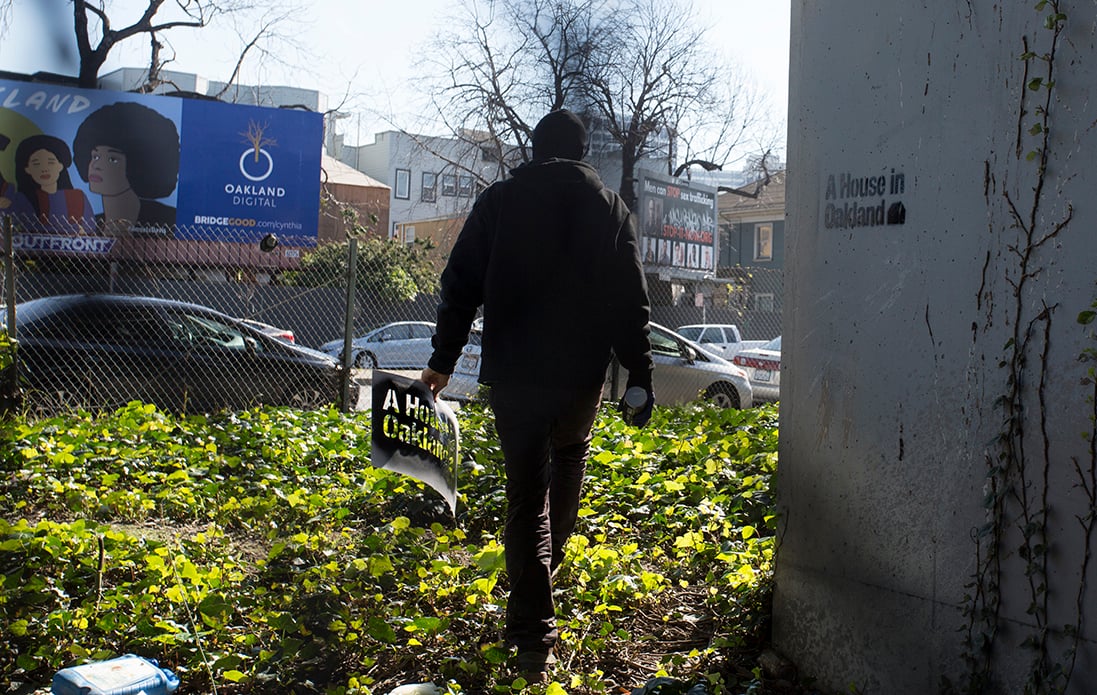
COVID-19, and almost everything surrounding it (in the US, at least), makes me angry. Or tired, or maybe depressed? Most likely, it’s all of the above to some extent. I don’t doubt that a majority, or at the very least a large sum of people feel the same about this pandemic, which, might I mention, is still not over. Why isn’t it over? Well, chances are COVID-19 itself will never truly go away, and will likely join the ranks of seasonal viruses like the flu, but why does all the debate, denial, refusal of guidelines, and the like, still continue? In the US, COVID-19 is not just a public health issue, it is a now deeply political one, and one that has divided the country even further than the already polarized state it was in pre-pandemic. Why would such a dire issue that can affect anyone become something that someone can take a side on, protest about, harass employees about? Not to sound pessimistic, but in this country, why wouldn’t it?
In March of 2020, people were truly scared. It felt like the beginning of an apocalypse movie, down to the hoards of buyers frantically stockpiling toilet paper. Nobody knew what to do, and things only seemed to be getting worse as the days turned to weeks, and eventually turned to months. We were all vulnerable to a high degree, especially at the beginning. It would have been a great time for unity, but unfortunately this was not the outcome. Unfortunately, this country had all the systems in place to make a pandemic a political weapon, and to use swathes of fearful and angry people to back a politician that promises that the issue doesn’t actually exist, or is easily fixable, or is being blown out of proportion by the other side that is imposing restrictions (which are actually for the safety of the public). Not only did politicians have access to vulnerable people, but they had the ability to use the ideology of “American individual freedom” to back them up, and the increasing amounts of political polarization to further the “us versus them” narrative as opposed to the “people versus a deadly virus” narrative. Those in power in 2020 failed to unite the American people against a potentially deadly and highly contagious virus that could affect anyone, but succeeded in using the vulnerability of the public in tandem with the already polarized political system and fiercely individualistic ideology to craft a narrative that suits personal desires.

While I cannot say definitively what then-president Trump had in mind when he “handled” the COVID-19 situation, the outcome was clear. A large number of people believed it when he said that it wasn’t an issue. A large number of people felt that they were being mistreated or even oppressed when their local governments enforced mask mandates and stay at home orders, because these people had been told that this wasn’t something that they actually needed to worry about, and in their state of panic, fear, and worry, they latched onto it. In the thick of the pandemic, when cases were at their highest, masses of people went into the streets and protested against these mandates and orders, which undoubtedly raised the case numbers even more, and potentially caused restrictions to have to last even longer. It is understandable to not want to think about something as awful and stressful as a pandemic, but it is downright criminal, especially as an individual in power, to utilize that desire for personal gain.
Of course, especially during an election year, a politician wants people to support them. But this situation goes far further than campaigning, or even talking bad about other candidates to get a leg up in the race. Denying the pandemic, crafting the narrative that no one should have to listen to restrictions because it’s being blown out of proportion, telling people that they should actually be angry when they are told that they should care about public health, has likely indirectly caused thousands of cases and deaths of COVID-19. In the US, we manage to politicize a lot of issues, but public health? An actual pandemic that causes real people from all walks of life to get sick and even die? It’s horrifying, but is it surprising?








When looking back on the pandemic five years later, I am so lost for words with how the United States and the Trump administration dealt with the virus. While I understand the United States is a giant country, it is hard not to compare us to other countries that were able to mitigate the widespread risk we dealt with for months. For example, look at New Zealand. They set tight and extremely strict stay-at-home orders and created an entire alert system framework to make sure they contained COVID-19 as quickly as possible without as many deaths as possible. Yet, for some reason on the other side of the ocean, people in America are “flexing” that they were breaking stay-at-home orders, not wearing masks, and ultimately, being selfish. Being from Hawaii and being in high school during the pandemic, it was extremely scary. We were stuck on an island, rarely getting shipments of things the grocery store was running out of daily. When I would look at social media and see people flaunting no-masked parties, it made me horribly angry. To build off of that, many wanted to turn on the news and find some comfort in the messages being sent from the government. Instead, we were told to use cleaning products to keep us safe from our own president. Five years later, and I can’t wrap my brain around this countries response.
Reading this article in 2025 made my stomach drop. Despite only being a matter of years ago, I’ve largely put Covid-19 out of my mind. I try not to think about what it felt like being locked in my house, watching mass protests and insurrections that exacerbated the pandemic I thought we were all facing together. It was the true mark of my disillusionment in society, and watching Trump refuse to stop his supporters from storming the capital, I came to a realization: this was what he wanted. You’re absolutely right that Trump used the pandemic for his personal gain, but more than that, he succeeded in politicizing the non-political. Today, it is nearly impossible to state a political opinion or stance you have without getting viciously attacked for it. It feels as if everything is heightened, and Trump is to blame–he’s been systematically turning brother against brother, widening the gap between parties, and farming divide so he can reap the rewards later as a fully realized dictator.